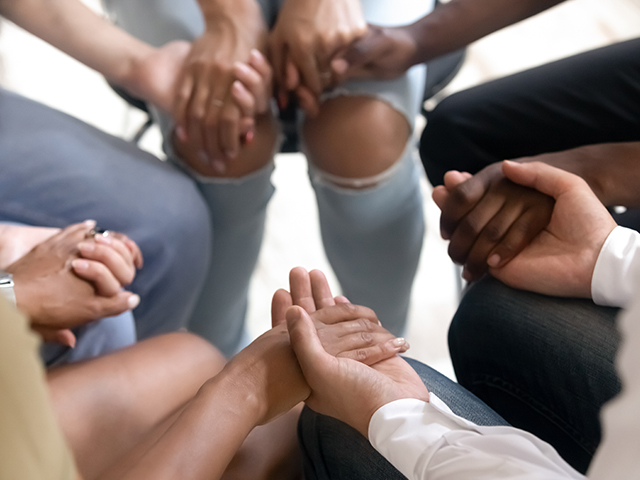Rehabilitation is a journey towards recovery, often marked by physical, emotional, and psychological challenges. While professional guidance plays a significant role, the importance of family support cannot be overstated. This article delves into the pivotal role that family support plays in the rehabilitation process, exploring its impact on the individual’s well-being and the overall success of rehabilitation efforts.
The Foundation of Emotional Support
At the core of effective rehabilitation is emotional support, and family members are the primary source of this invaluable foundation. Whether recovering from a physical injury, addiction, or mental health issue, individuals are more likely to persevere when surrounded by a network of love and encouragement. The emotional stability provided by family creates a conducive environment for healing.
Motivation and Accountability
Family support serves as a powerful motivator during the rehabilitation journey. Loved ones often become the driving force behind an individual’s commitment to recovery. The encouragement and belief expressed by family members instill a sense of purpose and accountability, fostering determination even during the most challenging moments.
Practical Assistance in Daily Activities
Beyond emotional support, families play a crucial role in aiding practical aspects of rehabilitation. From assisting with daily activities to providing transportation for medical appointments, the practical involvement of family members is instrumental. This support not only eases the burden on the individual but also ensures a smoother recovery process.
Building a Positive Environment
Rehabilitation flourishes in a positive and supportive environment. Families contribute significantly to creating this atmosphere by fostering optimism and resilience. A positive environment not only accelerates the healing process but also reduces stress, which is paramount for individuals undergoing rehabilitation.
Communication and Understanding
Effective communication is a cornerstone of successful rehabilitation. Families that engage in open, honest, and understanding communication contribute significantly to the well-being of their loved ones. This facilitates a shared understanding of the challenges and triumphs, creating a cohesive support system.

Overcoming Stigmas and Fostering Acceptance
Certain rehabilitation journeys, such as those related to mental health or addiction, are often accompanied by societal stigmas. Family support becomes a potent force in overcoming these stigmas. By fostering acceptance, families not only contribute to their loved one’s recovery but also play a role in dismantling societal biases associated with rehabilitation.
Conclusion
In conclusion, family support is not just a complementary element but a fundamental pillar in the rehabilitation process. Its multifaceted contributions, ranging from emotional support to practical assistance, create an environment conducive to healing. As individuals navigate the challenges of rehabilitation, the unwavering support of family members becomes a guiding light toward recovery. If you are looking for ideas about rehab for bodybuilders, be sure to check out their page to learn more.

